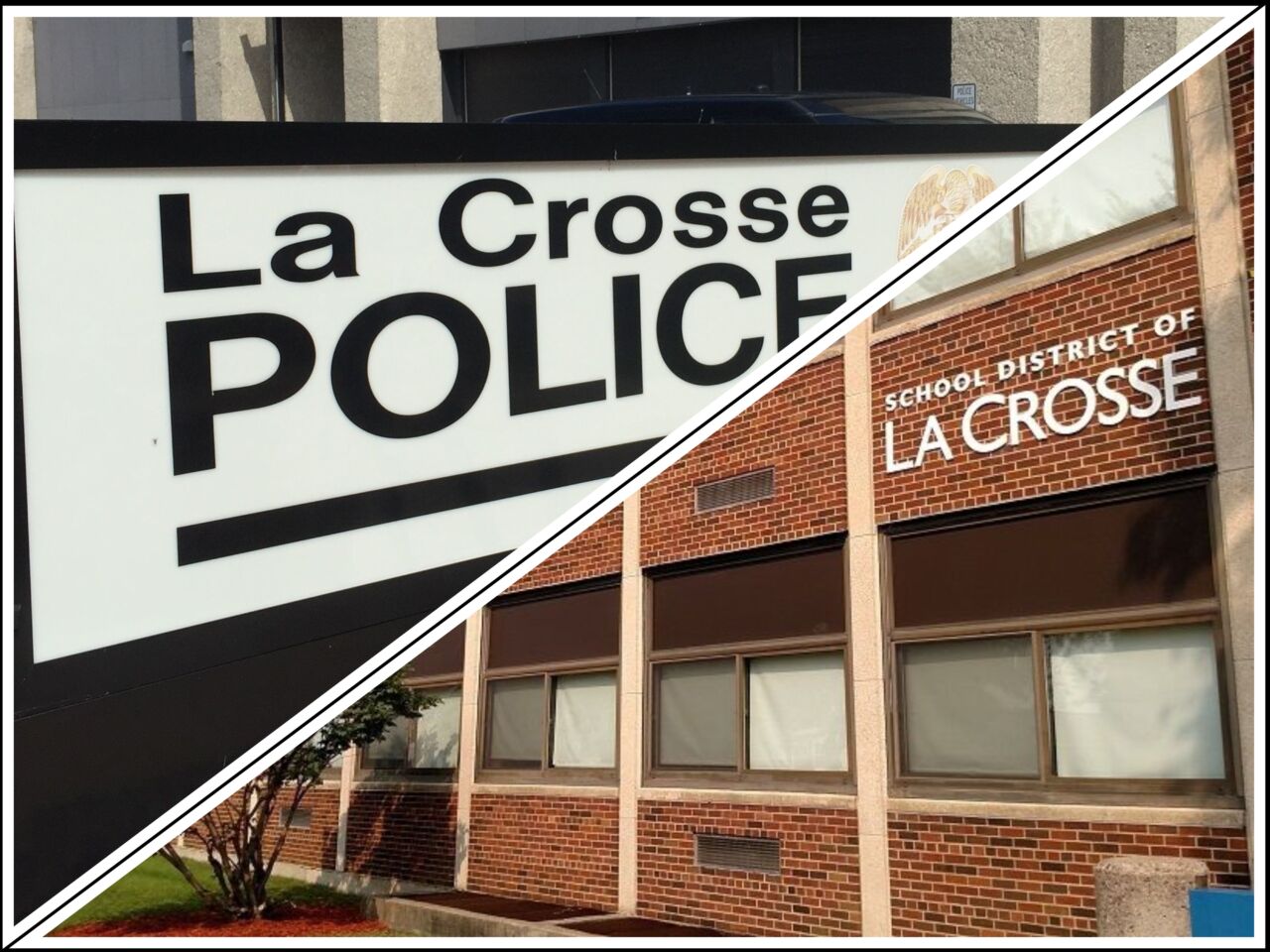Education
City leaders discuss how policing affects minorities and the inevitable removal of officer program in La Crosse schools

The future of the La Crosse Police Department’s School Resource Officer (SRO) program could be decided within the next two months.
At a Neighborhood Revitalization Commission (NRC) meeting last night, Mayor Tim Kabat made his prediction.
“If I were a betting person, I would be betting that the SRO program is going to go away or mostly go away,” Kabat said. “Maybe there will be some modification to it, but I think it’s significantly going to change.”

There’s a community forum Oct. 14 on the program. The $250,000 contract with the La Crosse School District is up in June.
“We know, based on who is on the school board and previous discussions with the past superintendent, that there was going to be an effort to remove the SRO program,” Kabat said. “So, that’s not a surprise.
“It’s obviously gained a lot of momentum with what happened with George Floyd and the focus on policing but the questions about the SRO program goes further back than May of this year.”
The SRO conversation was brought up by Jennifer Trost in the middle of another discussion on the city’s policing future, which Kabat said hoped would look more like the Neighborhood Resource Officer program.
“So we have a number of black student leaders from Logan High School, and they are not necessarily going to agree with you about how cooperative they find having police officers in their schools,” Trost said. “I think we need to remember that there are multiple voices here, and we are a room of white people.”
Kabat added that some have talked about the “savings” from not having the $250,000 contract. But, in reality, the city isn’t the one saving.
“Nobody talks about the fact that that is actual revenues the city receives to help balance our budgets on our neighborhood and policing efforts,” Kabat said. “So that’s a loss of revenue that the city is going to have to deal.
“So, it’s not a zero-sum game so to speak. This will have impacts to the city, but our police department is anticipating and working on a plan for that.”
The initial subject of the meeting, and what was discussed the most, was how minorities, including those in La Crosse, are more affected by police than whites.
To that, there were questions asked, but not a lot of concrete answers, mostly because of how complicated the subject is.
“It’s been studied for years,” La Crosse Police Chief Shawn Kudron said. “It’s been studied locally for years, and there is no panacea, in terms of trying to understand or explain the disproportionate minority contact.”
Kudron said they’re training officers to better understand the disparity and change that. But, he brought up that a lot of calls to police end up being about minorities.
La Crosse Police’s use of force incidents in 2019 were just 1.6% of all incidents — a very low number, Kudron said — but 33% of the 102 incidents involved black people.
Black people represent just 3.8% of the city’s population.
The results are similar in 2018, where 20% of the 87 incidents involved black people.
It is those stats that were part of the NRC’s reasoning for having the meeting with Kudron, addressing its August statement to “End racially disproportionate policing through changes
to appropriations of public funds.”
One part of the statement on the matter reads, “The police data does not address the ways that BIPOC (black, Indigenous and people of color) experience the other 13,062 police enforcement actions or traffic enforcement actions.
Looking at stats from this year through July, some of the discrepancy toward people of color is just police responding to calls.
Kudron said 82% of police enforcement action is from the community calling police for help — essentially calls to police that lead to a charge. And, of those calls, 20% end up being enforcement against people of color.
“Looking into those numbers closely and trying to understand why it is happening has never resulted in specific best practices or specific ways of lessening that,” Kudron said.
Kudron also spoke of an understanding — or lack thereof — in policing from the general public, while Mayor Tim Kabat said there will be two one-hour community sessions Oct. 6 — at noon and 6 p.m. — on putting together, basically, a community advisory board to help shape what policing should look like.
“Whether law enforcement looks the way it looks right now, or we move toward more of a type of model that involves co-responders and social workers and mental health providers,” Kudron said, “there will always be that level of government to maintain order,” Kudron said. “And there will always be parts of that people have a hard time, maybe understanding, or accepting”







